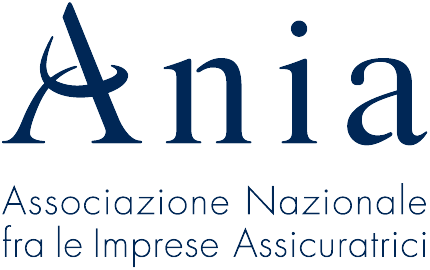IMPLICAZIONI CONTABILI DELLA TRANSIZIONE DA EONIA A €STR: REPORT DEL GRUPPO DI LAVORO EUROPEO
«Working group on euro risk-free rates issues recommendations to address accounting impact of euro risk-free rates transition» (PRESS RELEASE, 05-Nov.-2019) «Report by the working group on euro risk-free rates - On the financial accounting implications of the transition from EONIA to the €STR and the introduction of €STR-based fallbacks for EURIBOR» (REPORT, 05.11.2019) «Working group on euro risk-free rates issues high level recommendations for fallback provisions in contracts referencing EURIBOR » (PRESS RELEASE, 06-Nov.-2019) «Report by the working group on euro risk-free rates - High level recommendations for fallback provisions in contracts for cash products and derivatives transactions referencing EURIBOR» (REPORT, 06-Nov.-2019) «Working group on euro risk-free rates recommends fallback arrangements for users of €STR» (PRESS RELEASE, 12-Nov.-2019) «Report by the working group on euro risk-free rates on €STR fallback arrangements» (REPORT, 12.11.2019)
ECB – EUROPEAN CENTRAL BANK
https://www.ecb.europa.eu/
ECB Link alla PRESS RELEASE (05.11.2019)
ECB Link al REPORT (05.11.2019)
ECB Link alla PRESS RELEASE (06.11.2019)
ECB Link al REPORT (06.11.2019)
ECB Link alla PRESS RELEASE (12.11.2019)
ECB Link al REPORT (12.11.2019)
Il Gruppo di lavoro sui tassi di interesse privi di rischio in euro - creato nel 2018 dalla BCE e da altre istituzioni europee - ha recentemente pubblicato un Report (5 novembre) contenente alcune raccomandazioni, dal punto di vista contabile, sulla transizione ai nuovi tassi privi di rischio.
Il rapporto si concentra sulle implicazioni per gli International Financial Reporting Standards (IFRS) e gli International Accounting Standard (IAS), in quanto si tratta dei framework di reporting più utilizzati in Europa.
Il documento descrive le conseguenze complessive per l’informativa finanziaria e le potenziali problematiche che potrebbero verificarsi, soprattutto per quanto riguarda l'hedge accounting. Si illustrano anche le sfide su alcuni temi non correlati all’hedging.
Le raccomandazioni riguardano tre aspetti principali:
- l'impatto della transizione dall' Euro Overnight Index Average (EONIA) al tasso euro a breve termine (€STR) sulla modifica dei contratti e sull’hedge accounting;
- le ricadute per l’EURIBOR e l’hedge accounting;
- il reporting di contabilità generale e finanziaria.
Tra le raccomandazioni, si suggerisce che gli estensori dei bilanci monitorino attentamente il progetto dello IASB sulla riforma del tasso interbancario offerto e qualsiasi modifica o chiarimento degli standard che ne derivano.
Si segnala altresì che - il 6 novembre scorso - il Gruppo di Lavoro ha pubblicato altre Raccomandazioni, relativamente all’introduzione di clausole di fallback in tutti i nuovi contratti finanziari che contengono un riferimento all’Euribor.
Il 12 novembre, infine, il Gruppo di Lavoro ha pubblicato un Report sul tema delle clausole di fallback per i prodotti che contengono un riferimento all’€STR.

